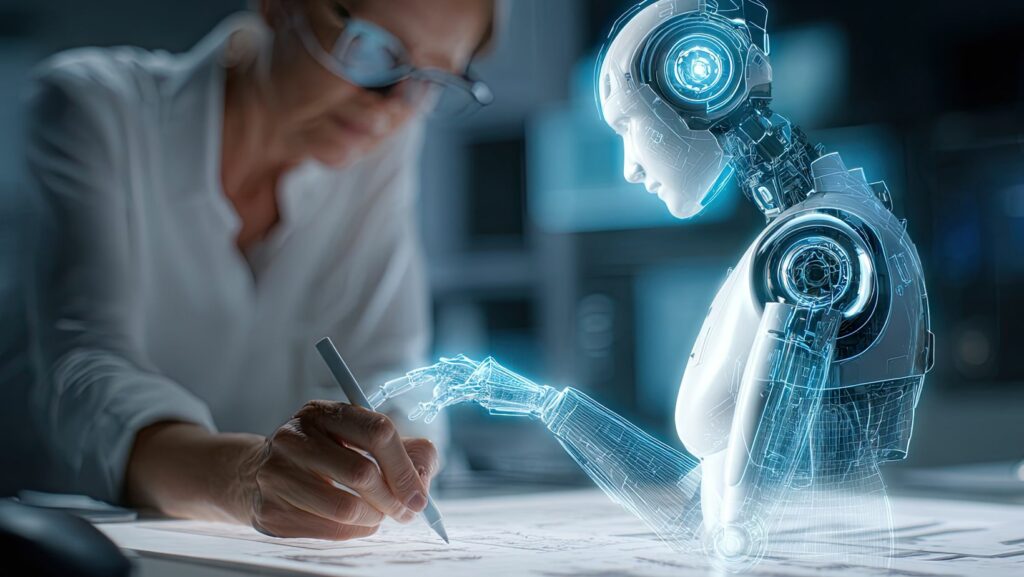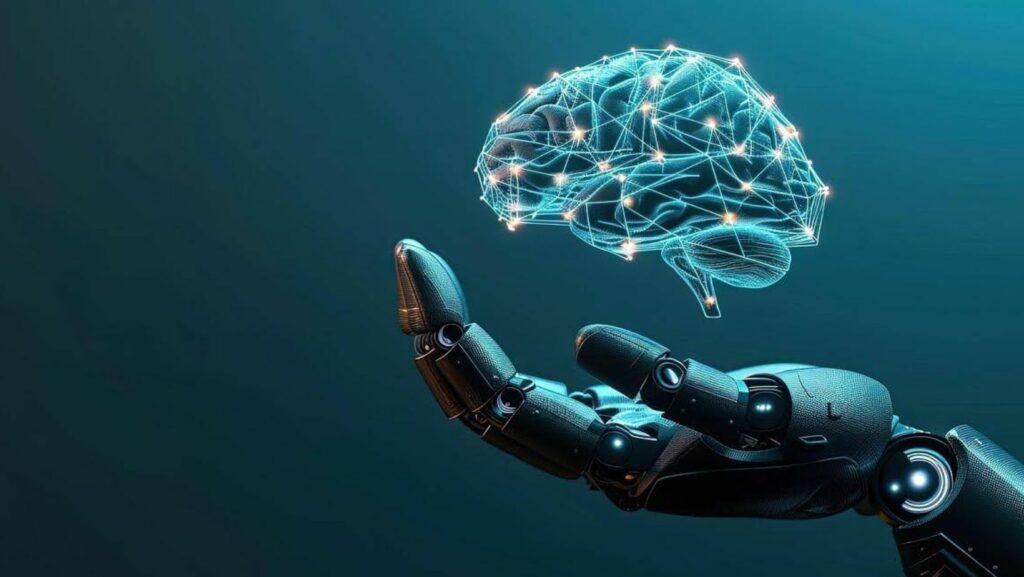The essence of artificial intelligence (AI) is transforming the very nature of how financial services are being done. Specifically, financial institutions are already processing large-scale data to improve credit scoring, preempt risks, and provide customers with customized products. Credit scoring used to be based on some simple indicators, whereas today it is done on a large-scale analysis of thousands of variables, including unstructured data. By this, banks and securities firms can conduct more advanced appraisals considering investment preferences, expenditures of a customer, and socialization. Also, AI-based customer service systems like chatbots and virtual assistants allow 24/7 unmanned consultations, which simultaneously ensures a reduction in costs and an increase in customer satisfaction.
The Cryptocurrency Market Through AI and Data Analytics
Data analytics tools based on AI are now being applied to analyze crypto market trends. The crypto market is defined by its volatility, which makes it a challenging investment type. The price of cryptocurrency is not defined by only supply and demand, but it also follows meme trends on the internet, global events, and the atmosphere of social networks (source: https://cryptonews.com/kr/cryptocurrency/how-to-buy-meme-coins/). This can make it difficult to keep on top of the market. To solve this issue, AI is now being manipulated to perform market analysis and research on behalf of investors.
Thus, real-time data processing and pattern analysis offered by AI is becoming an essential element of strategy rather than relying on human intuition as it has been in the past.
Turning Points in Manufacturing and Supply Chain Management
One of the industries that is most directly benefiting from AI is the manufacturing industry. Whereas in the past, humans would have to inspect machinery in the field and determine the problem, today, machines can monitor their health independently and report anomalies in a short time. AI-supported predictive maintenance is especially worth mentioning; the statistics indicate that the introduction of AI-based predictive maintenance can decrease unexpected downtime by 50% and maintenance costs by 20-30%. These technologies reduce the needless repair expenses and optimize production line performance. As whole factories receive connected, using IoT sensors, AI can process data in real-time and preempt action before an issue arises.
AI is also a global leader in supply chains. It streamlines logistics, predicts inventory and assists in the planning of supply tactics, taking into consideration foreign trends or climate variations. Supply chain instability has become a major problem in recent years, including pandemics and geopolitical conflicts, and AI has become a potent tool to reduce these disasters. Logistics companies have now developed the systems that immediately alert about delivery delays and suggest other routes, save the customers ‘ trust, and also save costs.
Evolution of the Media and Entertainment Industry
AI has infiltrated the creative practices inside media and entertainment spheres. AI in music, film, drama, and gaming is used to generate new works of content or modify the processes involved. As an example, the AI may be used in the music industry to compose a song or even generate completely new songs. This creates great opportunities for new artists, but also brings up questions about copyright and the originality of works.
In movies and plays, AI investigates the preferences of the audience and offers personalized suggestions, as well as in the visual effects. Digitally composing the faces of actors or converting an old film to high definition is now mostly an AI-led rather than a human endeavor. According to statistics, video restoration technology based on AI is being applied to restore and upscale classic films, with about 67% of film archives using the techniques. Even more interesting transformations are taking place in the gaming business. Now, AI learns the patterns of behavior of players and dynamically changes storylines in real-time, which creates an immersive experience that was never possible before.
Personalized Innovation in Retail and E-Commerce
In retail and e-commerce, AI fundamentally transforms customer experiences. In the past, recommendations were limited to best-selling products or seasonal favorites, but now AI provides personalized suggestions tailored to individual consumer preferences and circumstances. It learns from users’ search histories, items added to and removed from carts, and even the time spent on specific pages to make precise predictions. As a result, customers can quickly discover the products they need, and businesses significantly increase conversion rates.

Chatbot-based consultation services are also spreading rapidly. Consumers can receive immediate answers online without visiting stores, similar to operant conditioning in psychology, where immediate positive reinforcement occurs when a student correctly solves a problem. Receiving instant responses reinforces positive experiences, boosting trust and satisfaction in the brand, which ultimately leads to customer loyalty. Additionally, AI optimizes delivery routes based on customers’ locations and order volumes. In an era where online shopping is routine, such efficiency has become a core competitive advantage for businesses.
Intelligent Learning in Education
The education sector is one of the areas where the transformative changes brought about by AI can be most directly and tangibly experienced. The era when all students studied the same materials at the same pace in a traditional classroom has now passed. AI-based learning platforms are able to precisely assess each learner’s individual level, progress, and learning style, providing a fully personalized educational path tailored to their specific needs. This approach allows students to reinforce their strengths while strategically addressing and improving their weaker areas, resulting in a more effective and engaging learning experience overall.
AI has also achieved remarkable success in the field of language learning. Features such as real-time pronunciation correction, interactive conversation simulations, and automatic grammar and vocabulary correction create a dynamic environment where students feel as if they are actively communicating with a native speaker. Teachers, too, can harness AI to analyze students’ learning patterns, track progress over time, and design more targeted and effective instructional strategies. The rapid and widespread growth of online education platforms is largely fueled by these AI-driven personalized learning technologies, which are reshaping the way education is delivered and experienced worldwide.



